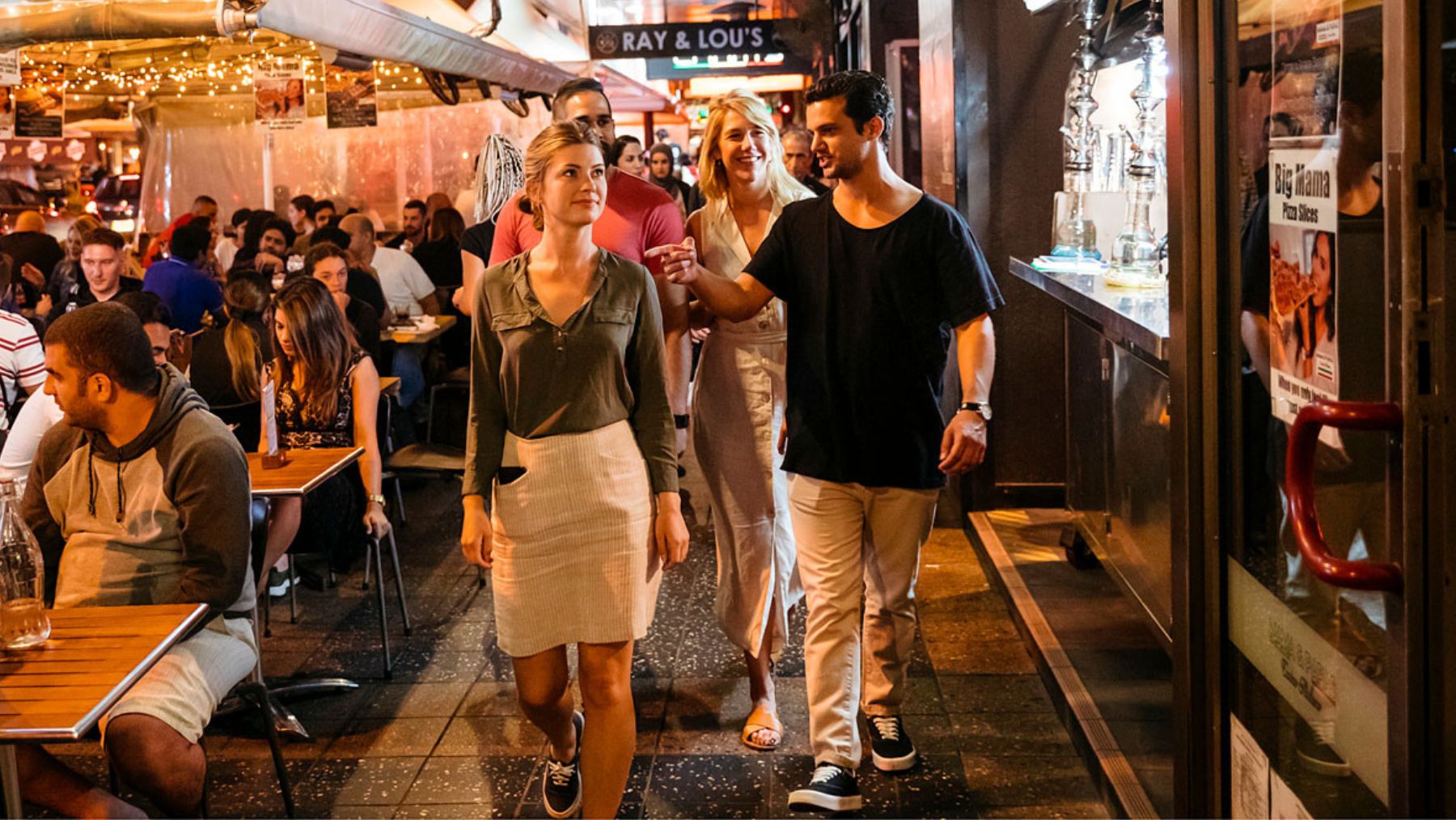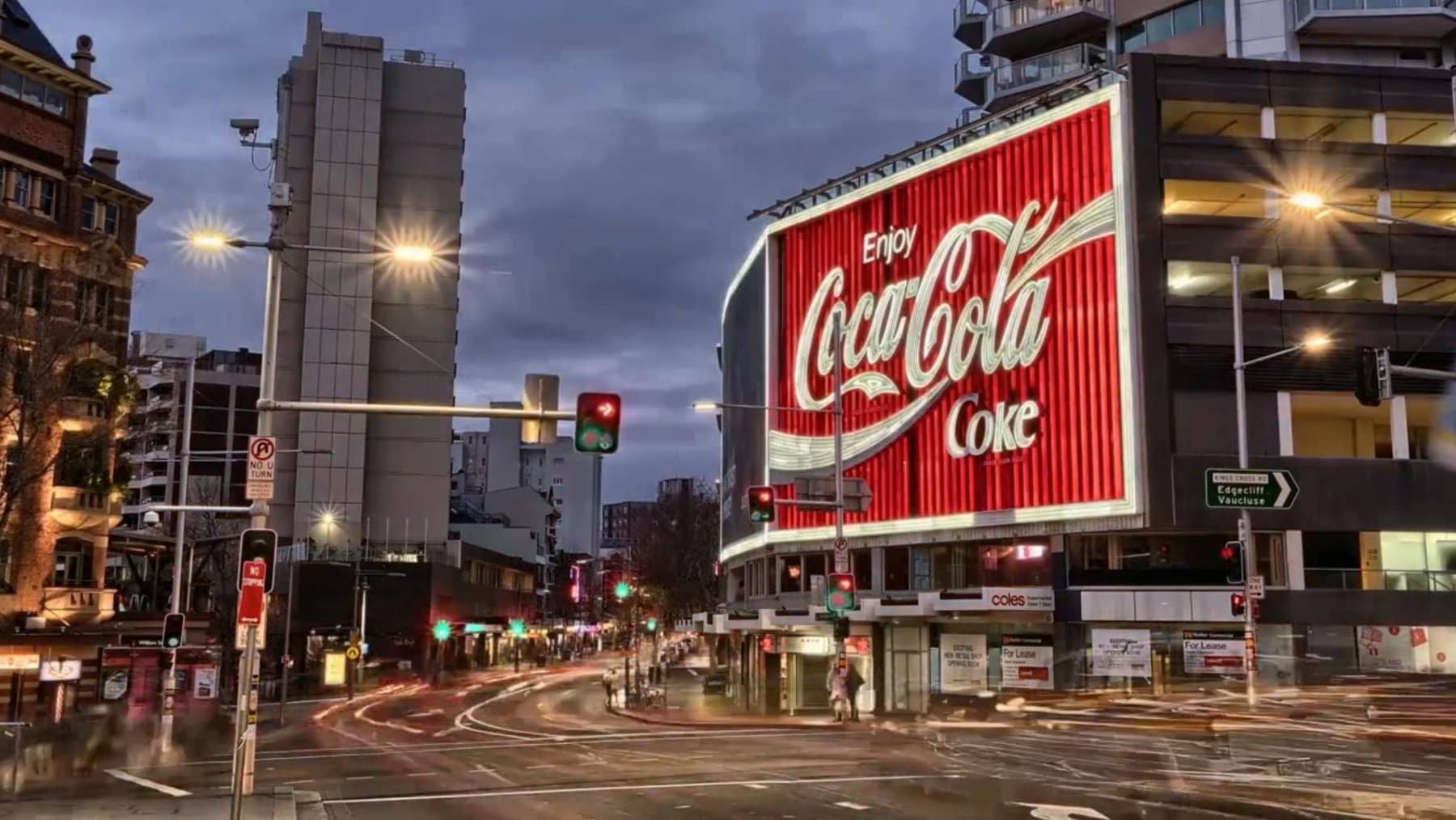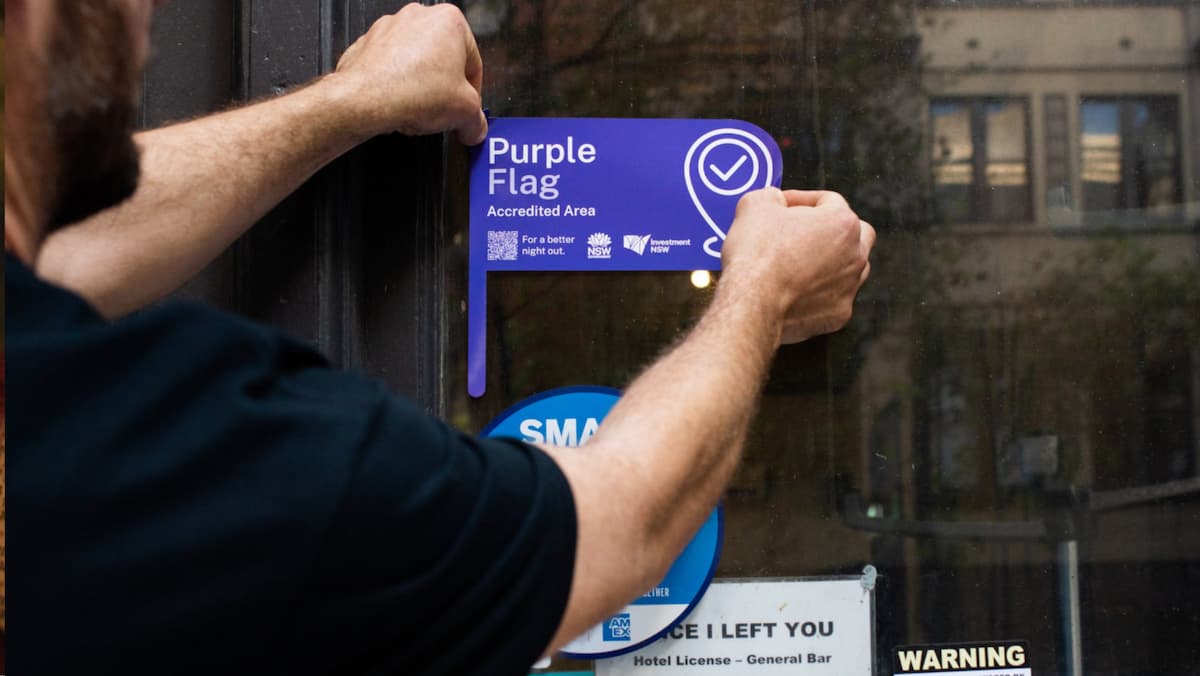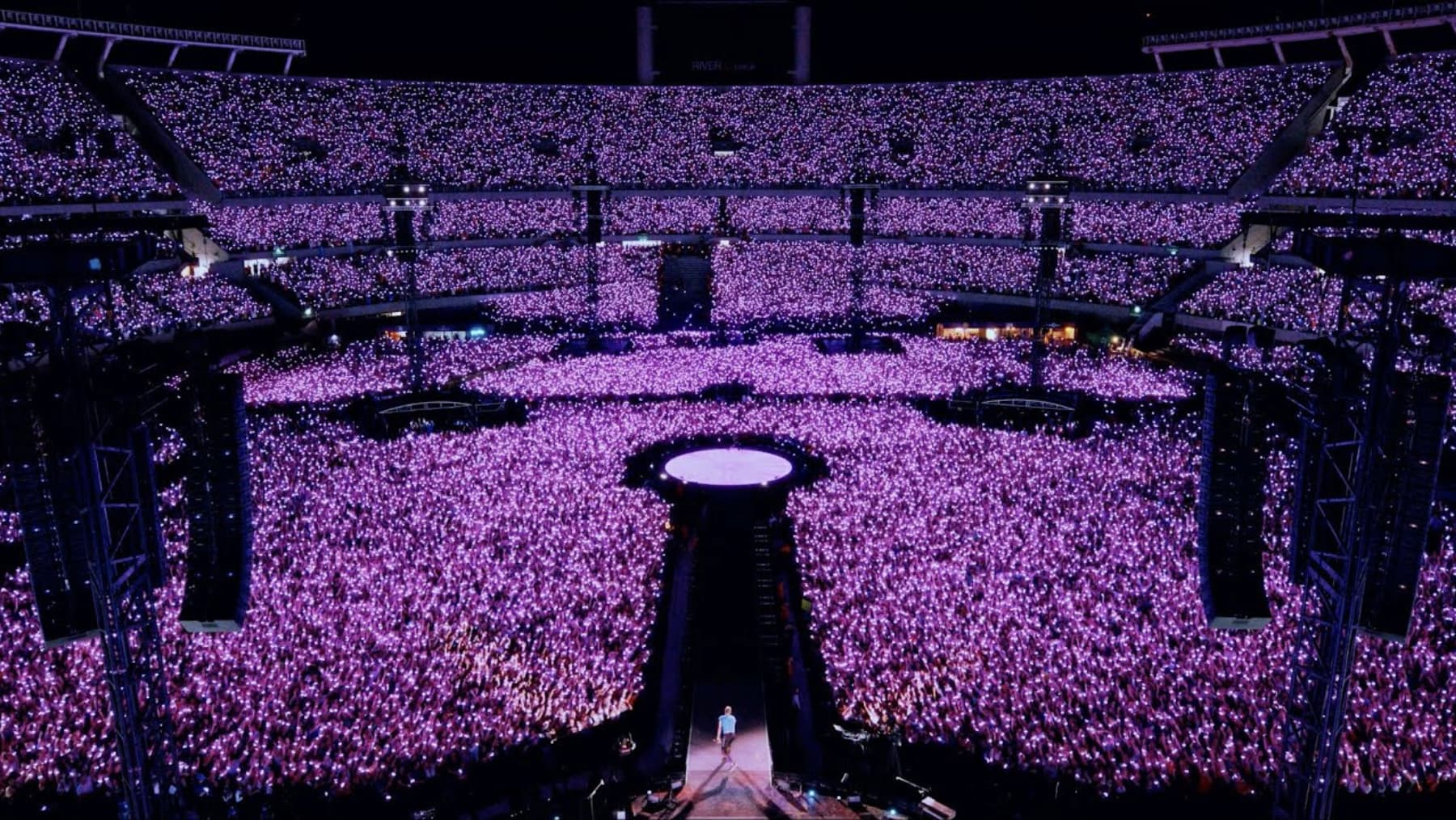- Around-the-clock public transport is vital to turn Sydney’s nightlife
- More late-night food and drink options also need to be readily available
- Experts from around the world say Sydney is teetering to rival places like London and Paris
Experts from around the world say Sydney’s ambitious plan to turn the Emerald City’s 24-hour economy is reliant on finding a way to make public transport accessible in the early hours of the morning.
Leading expert at the European Cities After Dark Network, Simone d’Antonio, told The Saturday Telegraph that the NSW Government’s public transport and the newly-opened Sydney Metro need to operate around the clock and is the “most vital piece of the 24-hour puzzle”.
“If Sydney activates its public spaces and offers the 24-hour public transport options to match, the hospitality industry will follow and this city will have a real opportunity to be a nightlife powerhouse,” Mr d’Antonio said.
“The city needs to be just as accessible at midnight and 3 am for partygoers as it is for commuters during peak hour.
“Hospitality and live music venues will do the heavy lifting, but Sydney won’t be a city that doesn’t sleep without activated 24-hour public transport and vibrant civic spaces.”
The Rome-based expert said that Sydney is “teetering on the edge of becoming a world-renowned, 24-hour entertainment hub”.
“Around the world, we are seeing major economic benefits and social benefits with late night and 24-hour entertainment plans – Sydney has the opportunity to provide incredible nightlife plans and make a lot of money at the same time.”
At the Office of the 24-Hour Economy Commissioner’s 2024 NEON Forum, he said that another thing Sydney lacks is the opportunity to have drinks and dinner late at night.
“Paris is a perfect example of a hospitality industry that has an incredible food and drink offering all through the night,” he said.
“You can be driving through the city at 2 am and there will be restaurants and bustling wine bars filled with people.”
Michael Kill, who is known as the ‘nightlife tsar of London’ and the head of the Night Time Industries Association said public transport around the clock was fundamental to the success of the night time economy.
“Sydney is facing the same problem that my hometown of London is, where public transport slows late in the night which grinds nightlife opportunity to a halt,” he said.
“Sydney has a growing persona and a concrete plan for a 24-hour city, that wants to do business and wants to entertainment.
“One thing that we see with a 24-hour economy is the need for it to grow holistically with public transport.
“It is fundamental in the successful operation of an expansive 24-hour economy target.
“You have to have that infrastructure in place if you want it to work – the key to a 24-hour strategy is round-the-clock public transport.”
Mr Kill said NSW 24-hour Economy Commissioner Michael Rodrigues’ reforms, and plans waiting in the wings from the City of Sydney Council meant that the CBD has an “unparalleled plan for growth on the world stage”.
“Sydney is close to being parallel with city leaders like London, New York, and Tokyo – but with this city-wide plan, it is becoming a world leader.
Sydney Metro operates for 22 hours on Friday and Saturday nights, operating until 2:23am on Friday and Saturday nights, with frequencies of every 10 minutes between 8:30 pm until close. She said Metro services then recommence the following morning at 4:35 am.
Meanwhile, the Dulwich Hill Line, the Randwick Line, and Kingsford Line light rail services run between Central Station and Dulwich Hill via Darling Harbour and the Inner West every day from 5 am to 1 am the following evening.
At the same time, NightRide buses replace most train services between midnight and 4.30 am on key transport corridors.
“Sydney’s big nights like New Year’s Eve and Mardi Gras involve extensive forward planning and significant costs to ensure train and metro services can run throughout the night.”







